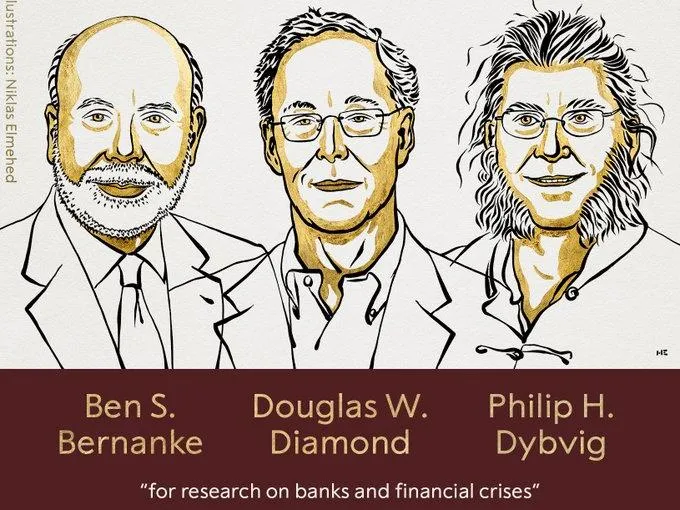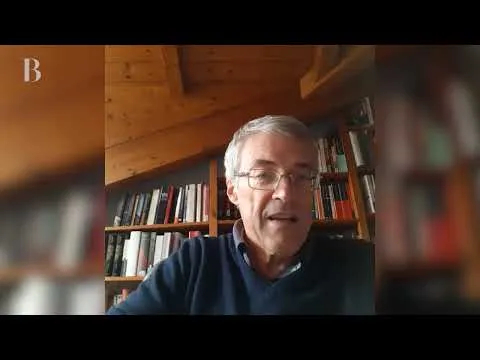
The special, but fragile, role of banks
Nicola Gennaioli, Full Professor, Department of Finance, Bocconi University
The work of Bernanke, Diamond, and Dubvig has shown why banks play a special role in the economic system and why their ability to fulfill such role is fragile. Banks' special role is to connect savings with long term investments. On the one hand, banks have the expertise to select which long term investment projects to finance, and the ability to monitor these projects' execution. By so doing, banks foster productive long-term investments. On the other hand, banks are providers of safe and short term deposits. By so doing, banks enable households and firms to store their savings temporarily, for future spending. Banks are fragile because these two vital functions sometimes come into conflict: during a financial panic, savers may want to have their deposits immediately back, but banks cannot satisfy this demand because a large share of those savings are invested in long term projects that will repay in the future. This is why, during a panic, governments often provide banks with liquidity support. The latter avoids disruptions in the making of new investments, in the continuation of existing ones, and allows depositors to access their savings.
Roberto Perotti, Full Professor, Department of Economics
"Ben Bernanke is the best example of an academic who made a huge contribution to monetary policy, especially in difficult times," says Roberto Perotti, of the Department of Economics and who was teaching assistant to Bernanke at MIT, commenting on the awarding of the Nobel prize in Economics to Bernanke, alongside Douglas W. Diamond e Philip H. Dybvig. "The prize was awarded to Bernanke for three reasons: his study of the Great Depression and the mistakes made with monetary policy in that period; his study of the financial accelerator effect, ie how small shocks to monetary policy can have large effects; his advances on the econometrics of monetary policy."
Bernanke's Prodigious Contribution to Monetary Policy
